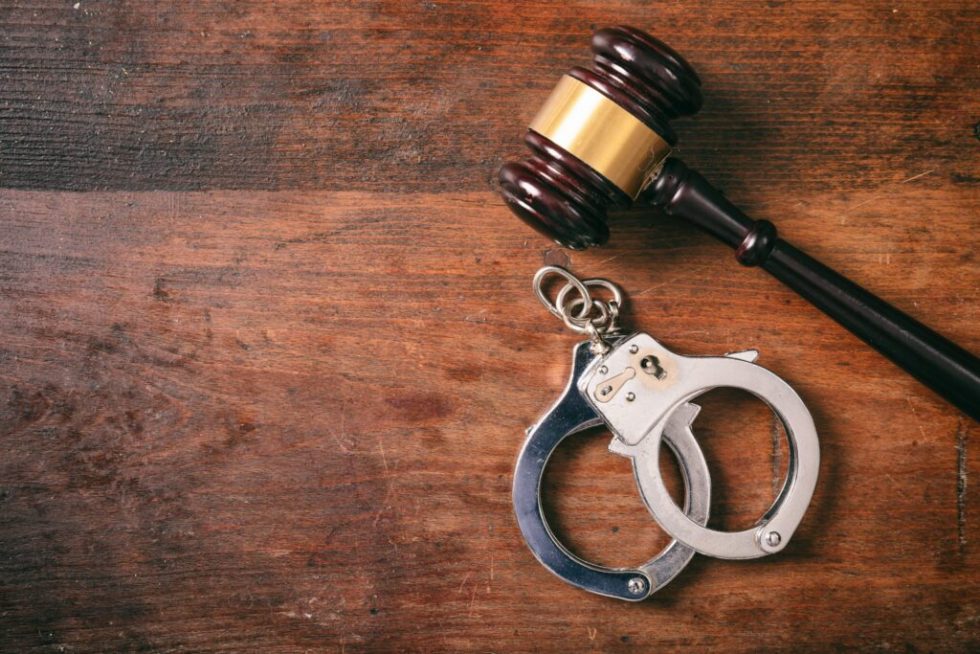 The Grand Chamber of the Supreme Court resolved an exceptional legal problem: whether the change of the punishment imposed by the court on the accused (convict) in the form of restriction or deprivation of liberty, from which he was released with probation, to a fine based on the results of consideration of the appeal, cassation complaint of the defense attorney, is a deterioration of the legal situation.
The Grand Chamber of the Supreme Court resolved an exceptional legal problem: whether the change of the punishment imposed by the court on the accused (convict) in the form of restriction or deprivation of liberty, from which he was released with probation, to a fine based on the results of consideration of the appeal, cassation complaint of the defense attorney, is a deterioration of the legal situation.
By the verdict of the district court, the person was convicted of committing a criminal offense under Part 3 of Art. 15, Part 1 of Art. 185 of the Criminal Code of Ukraine up to 1 year of restriction of freedom and on the basis of Art. 75 of the Criminal Code of Ukraine is exempted from serving a sentence with probation for a period of 1 year.
The convict filed an appeal, in which he asked to reduce the imposed punishment to a fine. The appellate court left the verdict of the district court unchanged. The court was guided by the fact that the measure of coercion in the form of a fine is subject to actual execution, therefore its application will lead to a worsening of the legal position of the convicted person, which is unacceptable.
The VP of the Supreme Court noted that the change of punishment in the form of deprivation of liberty or restriction of liberty, from serving which the person was released, with probation on the basis of Art. 75 of the Criminal Code of Ukraine on a fine is not a deterioration of the legal position of the accused, convicted.
The Grand Chamber of the Supreme Court stated that the exemption from serving a probationary sentence is conditional. Although the prescribed measure of coercion is not applied, in the future the person is exempted from serving it if he fulfills the duties established by the court during the probationary period. Instead, the punishment in the form of a fine is exhausted by the need to pay a fine and does not provide for the imposition of any additional obligations, prohibitions or restrictions on the convicted person.
Punishment in the form of a fine in the case of its full and timely execution has more favorable legal consequences for the person, since the repayment of the criminal record, unlike the cases of exemption from serving a sentence with probation, is not associated with the execution by the convicted of any additional conditions, the failure of which (or committing a new criminal offense) may result in actual serving of the sentence.
The Supreme Court concluded that the appellate court's imposition of a fine instead of the first-instance court's sentence of restriction or deprivation of liberty with exemption from serving it with probation on the basis of Art. 75 of the Criminal Code of Ukraine is neither "the application of a more severe punishment" (within the meaning of Clause 2, Part 1 of Article 420 of the Criminal Code of Ukraine) nor "wrongful release from serving a sentence" (within the meaning of Clause 4, Part 1 of Article 420 of the Criminal Code of Ukraine ) or "other worsening of the situation of the accused" (within the meaning of Part 2 of Article 404 and Part 1 of Article 421 of this Code). In this regard, the satisfaction of the appellate demands of the defense does not require the cancellation of the relevant part of the verdict of the court of first instance and the rendering of a new verdict. The appellate court renders such a decision in the form of a resolution.
The right of the defense party to express its arguments regarding the change of the type of punishment assigned to the person corresponds to the duty of the appellate court to consider them and, taking into account the circumstances of the committed criminal offense, its consequences, information about the identity of the guilty person, to make a decision to satisfy or refuse to satisfy his demands. The lack of the appellate court's ability to act in this way only because the imposed punishment is not related to his actual departure, and the fine is real and the replacement of the first punishment with the second actually worsens the legal position of the accused, leads to the leveling of the appellant's right to be "heard" by the court, as well as the corresponding duty of the court to consider the appellate claims on the merits.
According to the results of the review of the case, the Supreme Court changed the verdict and decision of the courts of previous instances and reduced the punishment imposed on the person to a fine of 1700 hryvnias.
Resolution of the Supreme Court of Ukraine dated December 7, 2021 in case No. 617/775/20 (proceedings No. 13-110кс21) – https://reyestr.court.gov.ua/Review/102010758 .




